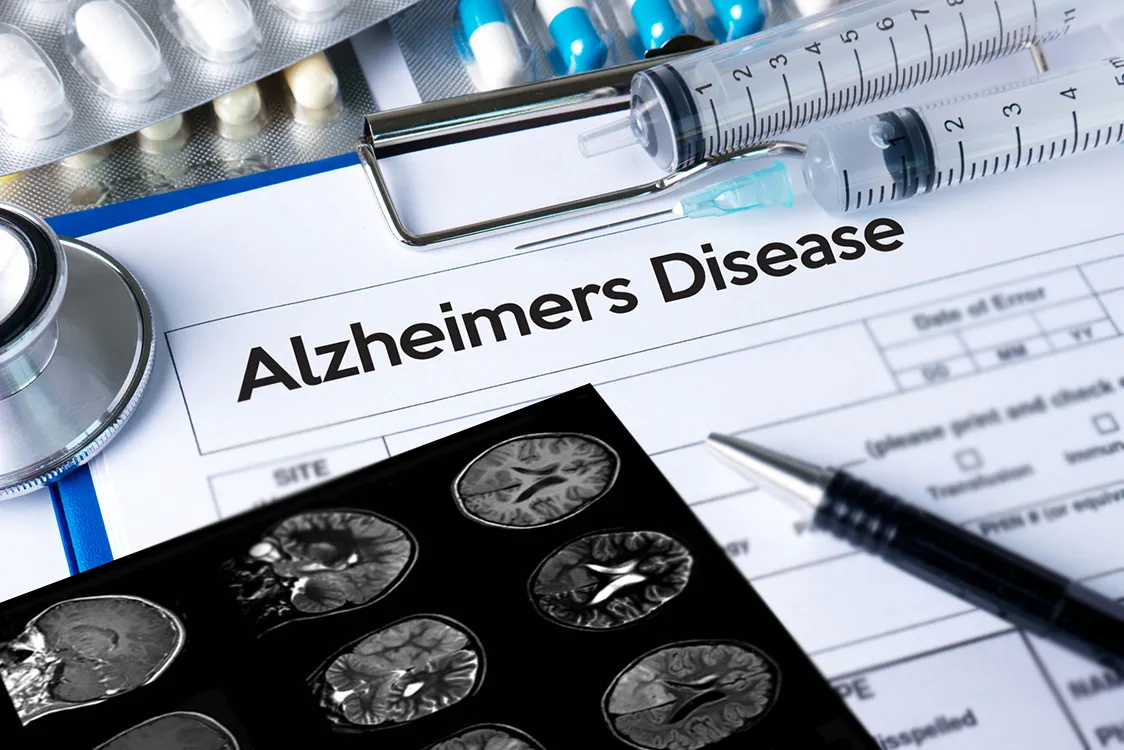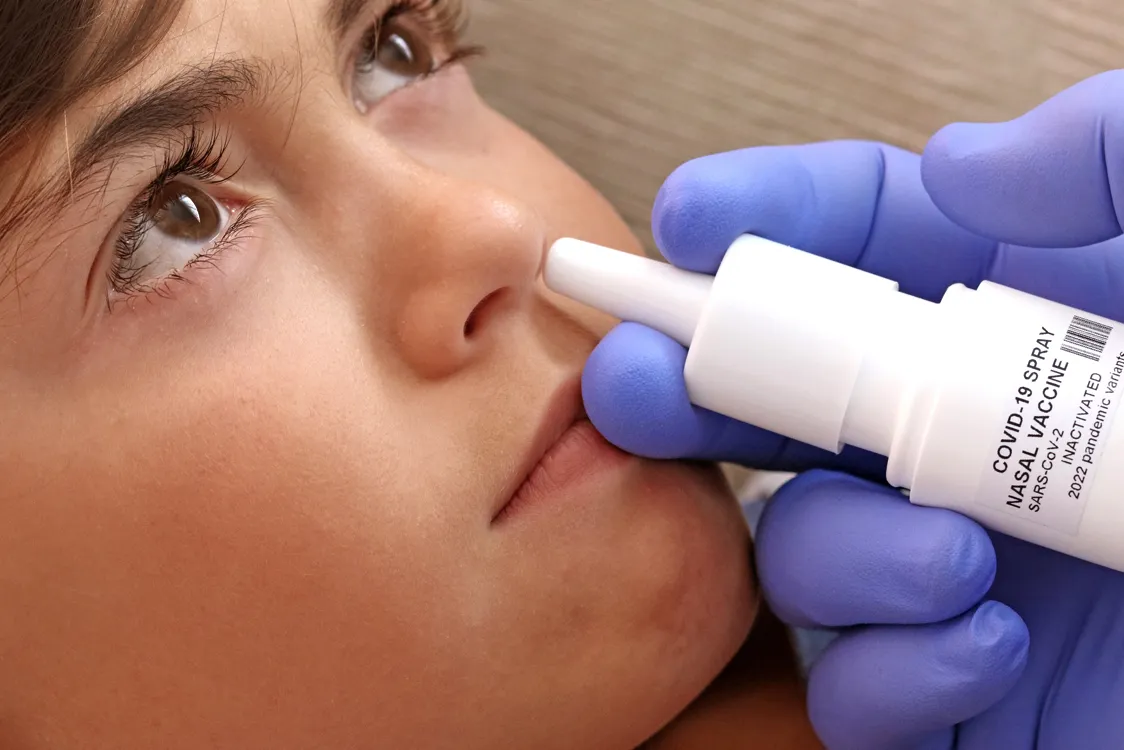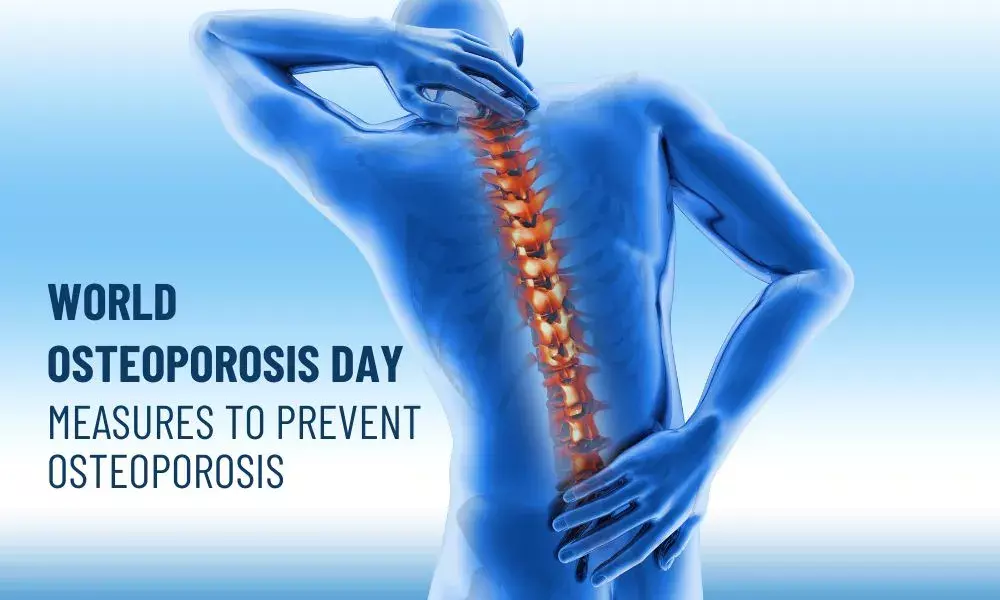According to a study, drinking green tea daily and the occasional red wine may help lessen plaques in the brain linked to Alzheimer’s disease.
According to a study in New York, drinking green tea every day and the occasional glass of red wine may help lessen the plaques linked to Alzheimer’s disease in the brain.
Two widely used substances—green tea catechins and resveratrol, which can be found in red wine and other foods—reduced the formation of plaques in neural cells with little to no adverse side effects, according to US researchers from Tufts University.
They examined the effects of 21 different substances on developing sticky beta-amyloid plaques in neural cells affected by Alzheimer’s disease in a laboratory setting.
Alzheimer’s patients’ brains develop these plaques.
The journal Free Radical Biology and Medicine published the researchers’ findings.
Finding a drug that “could reduce the plaques regardless of the virus component would be ideal because that would show that regardless of the cause of Alzheimer’s, you might still see some kind of improvement,” said Dana Cairns, a research associate in the Kaplan Lab at the School of Engineering who oversaw the study.
Compounds that showed promise in the initial screening were tested in a 3D neural tissue model after being tested in simpler models.
A non-reactive silk sponge is used to create the model, and it is seeded with human skin cells that have undergone genetic reprogramming to become neural stem cell progenitors.
These cells multiply and fill the sponge, “allowing for the formation of 3D networks of neurons similar to what you’d see in the human brain,” according to Cairns.
According to Cairns, “The initial screening revealed five compounds had really robust prevention of these plaques.”
They discovered curcumin from turmeric, the diabetic drug Metformin, and a substance called citicoline that prevented plaques from forming but did not have antiviral effects in addition to the green tea compounds and resveratrol.
We were looking for substances that would both be safe and effective, she said.
That standard was met by resveratrol and green tea constituents.
Resveratrol has been investigated for its potential as an anti-aging supplement. Green tea catechins, molecules in tea leaves that have an antioxidant effect, have been studied as a potential cancer treatment.
Cairns cautioned that the effects you observe in the lab don’t always necessarily translate to what you might see in a patient.
Even so, the researchers noted that the discovery is important because, aside from a few potential drugs developed by pharmaceutical companies still in the research stages, there is no known cure for Alzheimer’s disease or a way to stop its progression.





